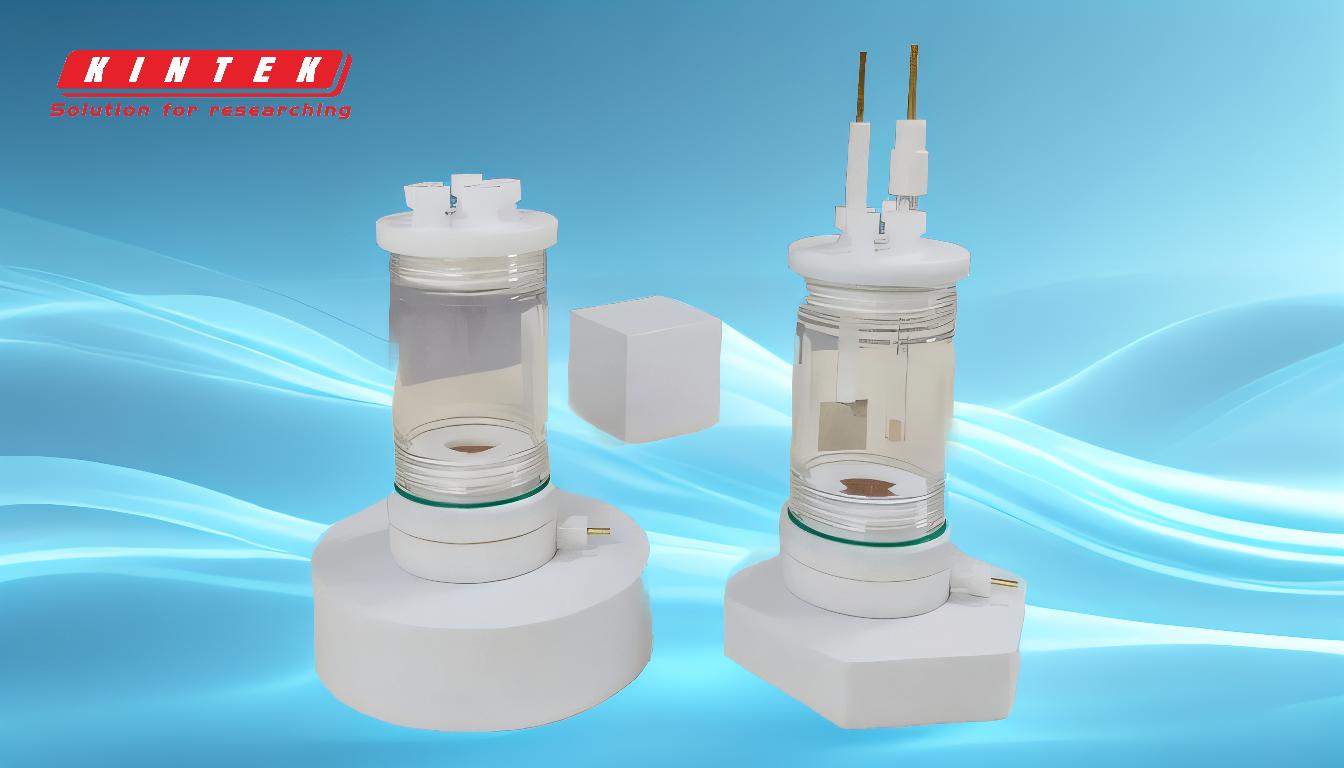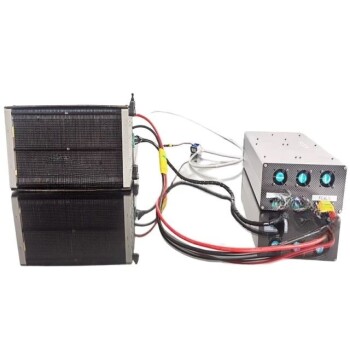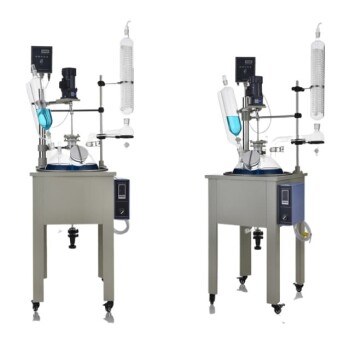Electrolysis of water involves splitting water into hydrogen and oxygen using an electric current. While the materials required for electrolysis, such as salt water and the production plant, are relatively inexpensive, the primary cost driver is the electricity required to perform the reaction. The expense of electrolysis largely depends on the cost of electricity, which can vary significantly depending on the energy source and location. Industrial-scale electrolysis plants are comparable in cost to other industrial reactor plants, but the ongoing operational costs are dominated by energy consumption. Therefore, while the initial setup may not be prohibitively expensive, the long-term cost of electrolysis is heavily influenced by electricity prices.
Key Points Explained:

-
Materials and Setup Costs:
- Salt Water: The primary material used in electrolysis is salt water, which is inexpensive and widely available.
- Production Plant: The cost of setting up an electrolysis plant is comparable to other industrial reactor plants. This includes the cost of equipment like electrolyzers, storage tanks, and safety systems.
-
Electricity as the Primary Cost Driver:
- Energy Consumption: The electrolysis process requires a significant amount of electricity to split water molecules into hydrogen and oxygen. This energy demand makes electricity the most substantial ongoing cost.
- Cost Variability: The cost of electricity can vary widely depending on the energy source (e.g., renewable vs. fossil fuels) and geographic location. In regions with high electricity prices, the cost of electrolysis can be significantly higher.
-
Industrial-Scale Considerations:
- Comparable Costs: On an industrial scale, the initial capital expenditure for an electrolysis plant is similar to other types of industrial reactor plants. However, the operational costs are dominated by electricity consumption.
- Efficiency Improvements: Advances in electrolyzer technology and the use of renewable energy sources can help reduce the overall cost of electrolysis by improving efficiency and lowering electricity costs.
-
Long-Term Cost Implications:
- Ongoing Expenses: While the initial setup may not be prohibitively expensive, the long-term cost of electrolysis is heavily influenced by the price of electricity. This makes the process more expensive in regions with high energy costs.
- Economic Viability: The economic viability of electrolysis for hydrogen production is closely tied to the cost of electricity. In regions with access to cheap renewable energy, electrolysis can be a more cost-effective method for producing hydrogen.
In summary, while the materials and initial setup for electrolysis are relatively inexpensive, the cost of electricity makes the process expensive in the long term. The overall expense of electrolysis is highly dependent on local electricity prices and the efficiency of the electrolyzer technology used.
Summary Table:
| Cost Factor | Details |
|---|---|
| Materials | Salt water (inexpensive and widely available) |
| Setup Costs | Comparable to other industrial reactor plants |
| Electricity Costs | Primary ongoing expense, varies by energy source and location |
| Industrial Scale | Initial costs similar to other plants, but operational costs dominated by energy |
| Long-Term Expenses | Heavily influenced by electricity prices, especially in high-cost regions |
| Efficiency Improvements | Advances in technology and renewable energy can reduce overall costs |
Want to optimize your electrolysis process? Contact us today for expert advice!






